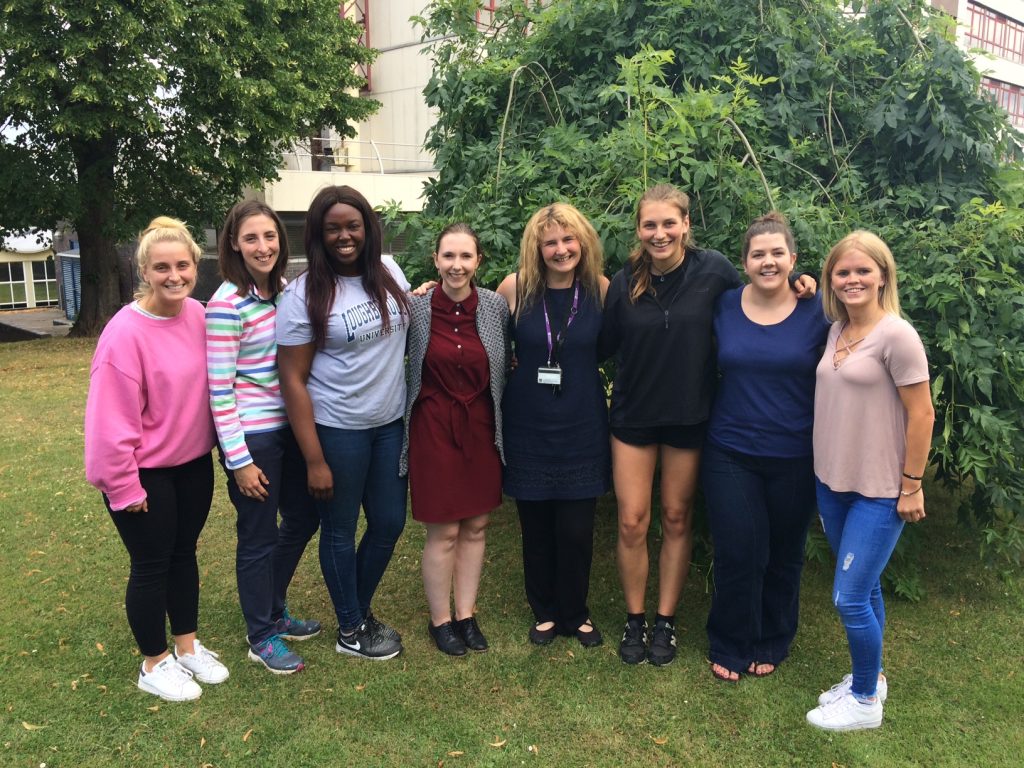Girls Into STEM
The sixth form college I went to has consistently been considered one of the best colleges in the country, indeed this year they were ranked by the department of education as the second best in the country. When I was there, over a decade ago, out of a class size of approximately 15 students, I was one of only 3 girls in my maths class and one of only two in my physics class. Those girls went on to university to study textiles, architecture and medicine. However, these only represent the top set in the school and indeed the number of girls in the lower sets were slightly higher, but not by much.
The number of girls going on to study maths and science at A-level has been increasing over the years but it’s often difficult to visualise these numbers in reality. In 2016 the percentage of girls taking A-level physics was 21.6% [1] (this has been roughly the same since 1985) and girls taking A-level maths was 39% [2] as a proportion of those studying that particular subject. So, according to these percentages, out of a class of 15 students, there would be 3.24 girls in a physics and 5.85 in a maths class.
Considering that there is a shortage globally of people qualified in science, technology, engineering and mathematics (STEM) and that all signs point to these areas being where skills will be required for the future of human progress, it is paramount that we work to encourage diversity and increase participation in STEM.

In the middle of July, Loughborough ran a residential programme, which I was a part of, called Girls into STEM. It was a four-day programme with 26 year-10 girls from 4 different schools from around the region. The girls were divided up into groups of four, each with a student ambassador who was studying in a STEM related subject, to look after and guide them. The groups were small enough so that we could really get to know the girls and engage with them fully, and them us.
The programme was set around a group project which encompassed them having to research and design how they would set up a sustainable community of 40 people on a fictional island. Throughout the four days, workshops and lectures were set up to discuss the various options and problems that they would need to deal with, such as energy, water, shelter and transportation.
I had the loveliest set of girls from Rutland (smallest county in England – FYI), who wanted to make their island not just functional but also chilled out and peaceful. They elected to call it Zen Island and decided that their priorities should be designed around a framework of community engagement and cohesion. It wasn’t enough to just make the island habitable, people should want to add to the community and thrive there.
Several of the girls were very talented at drawing and it was so interesting to see how they visualised the houses on their island, what they placed emphasis on and how they managed to solve problems. Science is all about collaboration and team work, no project or lab work is done in isolation. All the girls acted like a team and worked together so that each added to the group project equally and shared ideas openly.
At the end of the week, the groups were asked to give a presentation on how each group had designed their island and the ideas behind it. The breadth of ideas and the depth of thought that had gone into each island was truly impressive. The girls engaged whole heartedly with the project and came up with some innovative, fascinating and sometimes amusing ideas.
When I was at sixth form, my physics teacher put me forward for a summer residential for girls in engineering and it was the influence that those mentors had on me at that channelled me into perusing a career in science. It is my hope that the girls who came to our Girls Into STEM residential will be equally inspired to see themselves seek a future in science. Preferably physics but them again I’m biased. Lol.
“We look at science as something very elite, which only a few people can learn. That’s just not true. You just have to start early and give kids a foundation. Kids live up, or down, to expectations.” -Mae Jemison (first Black woman in space)
Student Life
Find out what makes 'The Loughborough Experience' by reading our student blogs.